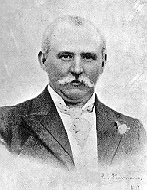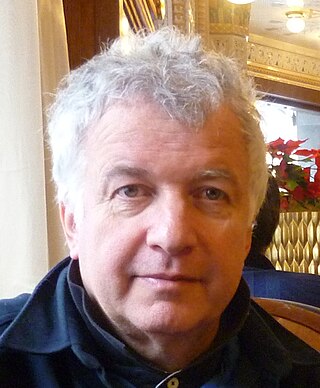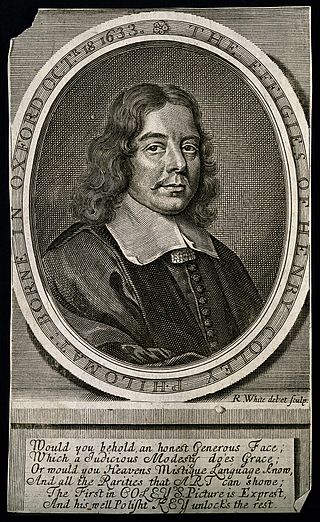Related Research Articles

Astrology is a range of divinatory practices, recognized as pseudoscientific since the 18th century, that claim to discern information about human affairs and terrestrial events by studying the apparent positions of celestial objects. Different cultures have employed forms of astrology since at least the 2nd millennium BCE, these practices having originated in calendrical systems used to predict seasonal shifts and to interpret celestial cycles as signs of divine communications. Most, if not all, cultures have attached importance to what they observed in the sky, and some—such as the Hindus, Chinese, and the Maya—developed elaborate systems for predicting terrestrial events from celestial observations. Western astrology, one of the oldest astrological systems still in use, can trace its roots to 19th–17th century BCE Mesopotamia, from where it spread to Ancient Greece, Rome, the Islamic world, and eventually Central and Western Europe. Contemporary Western astrology is often associated with systems of horoscopes that purport to explain aspects of a person's personality and predict significant events in their lives based on the positions of celestial objects; the majority of professional astrologers rely on such systems.

The zodiac is a belt-shaped region of the sky that extends approximately 8° north and south of the ecliptic, which is the apparent path of the Sun across the celestial sphere over the course of the year. The orbital paths of the Moon and major planets are within the belt of the zodiac.
Martin Roger Seymour-Smith was a British poet, literary critic, and biographer.
Derek Parker is a British writer and broadcaster. He is the author of numerous works on literature, ballet, and opera, and with his wife Julia of several books about astrology.

Sydney Omarr was an American astrologer and an astrology consultant to the rich and famous. His daily Sun Sign Horoscope column appeared in more than 200 newspapers and his annual forecast books for each sign of the zodiac sold over 50 million copies.

Alan Leo, born William Frederick Allan, was an English astrologer, author, publisher, astrological data collector and theosophist. He is often referred to as "the father of modern astrology".
Julia Parker is an astrologer and author who, often in partnership with her husband Derek Parker, has written many popular and introductory books on astrology.

Richard Theodore Tarnas is a cultural historian and astrologer known for his books The Passion of the Western Mind: Understanding the Ideas That Have Shaped Our World View and Cosmos and Psyche: Intimations of a New World View. Tarnas is professor of philosophy and psychology at the California Institute of Integral Studies, and is the founding director of its graduate program in Philosophy, Cosmology, and Consciousness.

Nicholas Campion is a British astrologer and historian of astrology and cultural astronomy. He is the author of a number of books and currently pursues an academic career.

Hellenistic astrology is a tradition of horoscopic astrology that was developed and practiced in the late Hellenistic period in and around the Mediterranean Basin region, especially in Egypt. The texts and technical terminology of this tradition of astrology were largely written in Greek. The tradition originated sometime around the late 2nd or early 1st century BC, and then was practiced until the 6th or 7th century AD. This type of astrology is commonly referred to as "Hellenistic astrology" because it was developed in the late Hellenistic period, although it continued to be practiced for several centuries after the end of what historians usually classify as the Hellenistic era.
Lois Rodden was an American astrologer and astrological data collector, known primarily as the founder of Astrodatabank. She was a pioneer in raising awareness of the sourcing of data being foundational in the credibility of astrology.
Locational astrology is any of various types of astrology that factor in specific locations of the Earth. The different types also carry a range of astrological techniques.
William Grant Lewi II was an American astrologer and author.
W. Foulsham & Company Limited is a British publisher founded by William Foulsham in 1819.

Robert Cross Smith (1795-1832) was an English astrologer, writing under the pseudonym of "Raphael".

Heliocentric astrology is an approach to astrology centered around birth charts cast using the heliocentric model of the Solar System, positioning the Sun at the center. In contrast to geocentric astrology, which places Earth at the center, heliocentric astrology interprets planetary positions from the Sun's vantage point. While geocentric astrology considers elements like the ascendant, midheaven, houses, Sun, Moon, and planetary aspects, heliocentric astrology focuses primarily on planetary aspects and configurations. Astrologers often use this method in conjunction with geocentric astrology to access insights beyond the traditional framework.

Astrology consists of a number of belief systems that hold that there is a relationship between astronomical phenomena and events or descriptions of personality in the human world. Astrology has been rejected by the scientific community as having no explanatory power for describing the universe. Scientific testing has found no evidence to support the premises or purported effects outlined in astrological traditions.
Raphael's Ephemeris is an ephemeris, or set of tables, used in astrology to determine the position of the Sun, Moon and planets. Raphael was a pseudonym used by the original author of the ephemeris, Robert Cross Smith.

Steven Forrest is an American astrologer, writer, and lecturer. He is the author of nearly a dozen astrological books and one of the founders of the school of Evolutionary Astrology, described by Forrest as "a form of psychological astrology which is integrated with metaphysics. Where a twentieth century psychological astrologer might focus on the dynamics of childhood, the evolutionary astrologer focuses on the childhood of the soul—prior lifetimes, and the issues left unresolved from them."

Henry Coley was an astrologer and mathematician, and amanuensis of William Lilly.
References
- ↑ Greene, Liz (2019). Jung's Studies in Astrology: Prophecy, Magic, and the Qualities of Time. Taylor & Francis. ISBN 9781351972864.